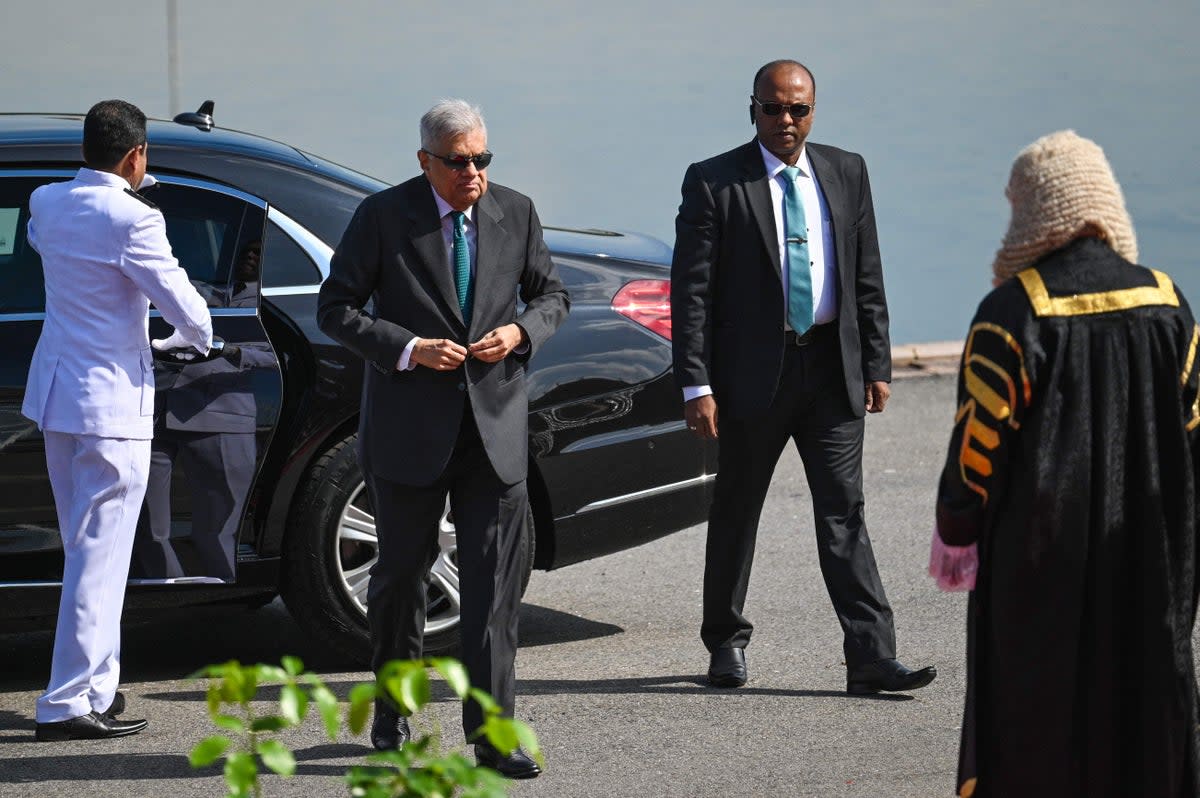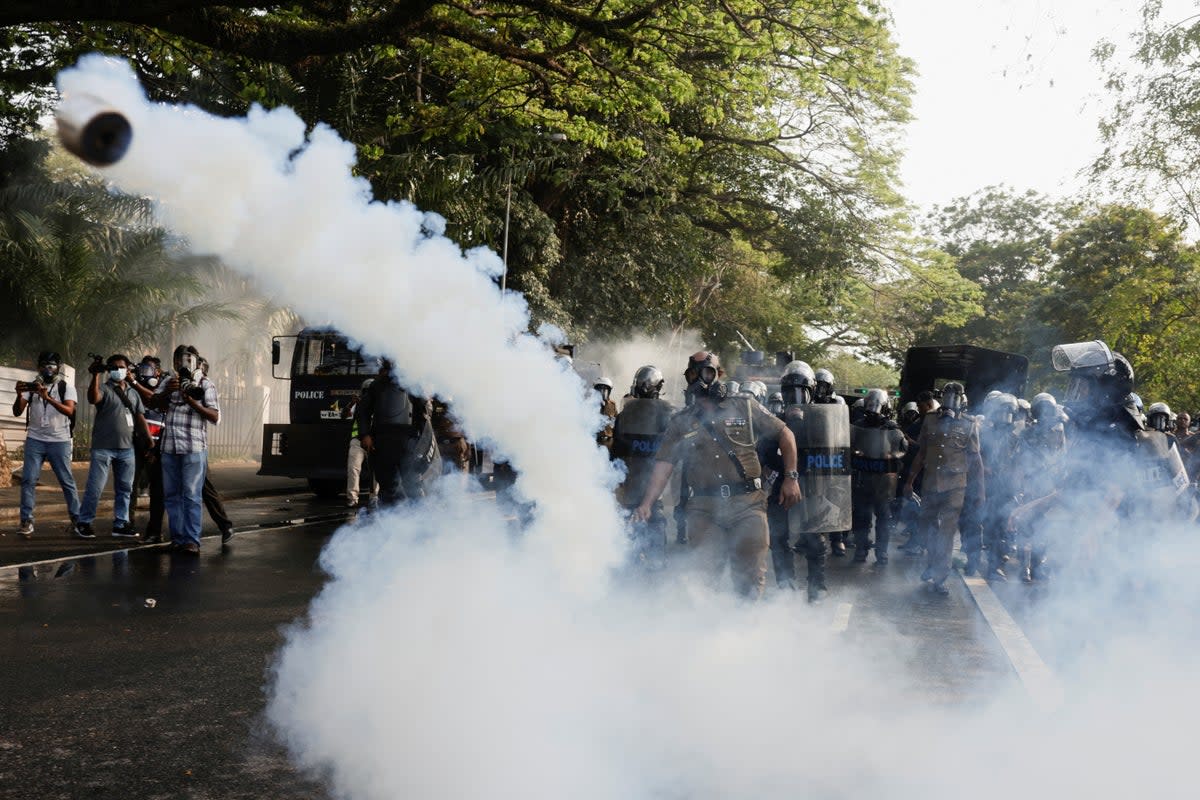China backs Sri Lanka’s debt restructuring for $2.9bn IMF bailout

Sri Lanka is awaiting a final approval from the International Monetary Fund for a bailout package after China gave crucial assurances to support Colombo’s debt restructuring, the president said.
China’s EXIM bank sent the delayed assurance that it will support Sri Lanka’s debt restructuring which was seen as the last hurdle in securing the bailout deal after India and other creditors gave early pledges.
It has paved the way for IMF’s approval to $2.9bn bailout package by the end of this month and is expected to unlock more funding from other financial agencies.
“Now we have done our part, and I expect the IMF will do its share by the end of this month, by the third or fourth week,” Sri Lankan president Ranil Wickremesinghe told the parliament.
He said the Chinese bank sent “a new letter” on Monday, and he and the central bank governor had sent a letter of intent to the IMF.
The bankrupt nation which defaulted on its debt for the first time in its history after suffering the worst economic crisis is now expecting fresh tranche of funds from the Asian Development Bank and the World Bank following the IMF loan.
Beijing’s support to Sri Lanka completes the assurances IMF needed from creditor nations to approve the loan payment. The negotiations dragged on for months as China demanded other multilateral institutions to be part of restructuring for debtor countries.
China owns about 10 per cent of Sri Lanka’s foreign debt, which exceeds $51bn.
“We must stress one fact: We don’t repay foreign debt at the moment, we only repay loans to the multilateral financial institutions. If we break the agreement with the IMF, we will be compelled to repay loans to foreign countries and private banks,” Mr Wickremesinghe said.
“We have approximately $ 6-7bn to repay every year until 2029. We don’t have foreign currency to do that, and therefore it is imperative that the IMF keeps engaging with our creditors on the agreements reached on debt sustainability.”
It comes as US treasury secretary Janet Yellen held a call with the Sri Lankan president on Monday, expressing support to Colombo’s efforts towards an IMF-supported program to advance economic reform and achieve a strong and durable recovery.
Ms Yellen “welcomed Sri Lanka’s commitments to transparency and comparable treatment for all bilateral official and private creditors”, a statement said.

It is not clear what new support China has extended to Sri Lanka on Monday. In January, the EXIM bank offered a two-year moratorium on its debt to Sri Lanka and said it will support its efforts to secure the IMF loan. However Sri Lankan sources said at the time said China’s assurances were not enough to meet IMF conditions.
China has become the world’s largest creditor to developing nations in recent years, playing a key role in negotiations over debt restructuring.
The development has come as a postive news for the nation that was hit by months of violent civilian protests over severe shortage of food, medicine, fuel, cooking gas and electricity last year. The protests forced then-President Gotabaya Rajapaksa to flee from the country and resign.
The shortages have reduced, power cuts ended and the Sri Lankan rupee has began to strengthen while foreign currency reserves have been improving.
Over the past few months, Sri Lanka has taken measures such as raising taxes, reducing energy subsidies, and relaxing currency controls in order to secure the IMF loan. In addition, the central bank has recently increased borrowing rates to prevent a resurgence of inflation, which has slowed down from a peak of almost 70 per cent.
It will now seek to turn the corner after the bailout package is approved, further easing the inflation as the tourism and remittance sectors regain momentum.
